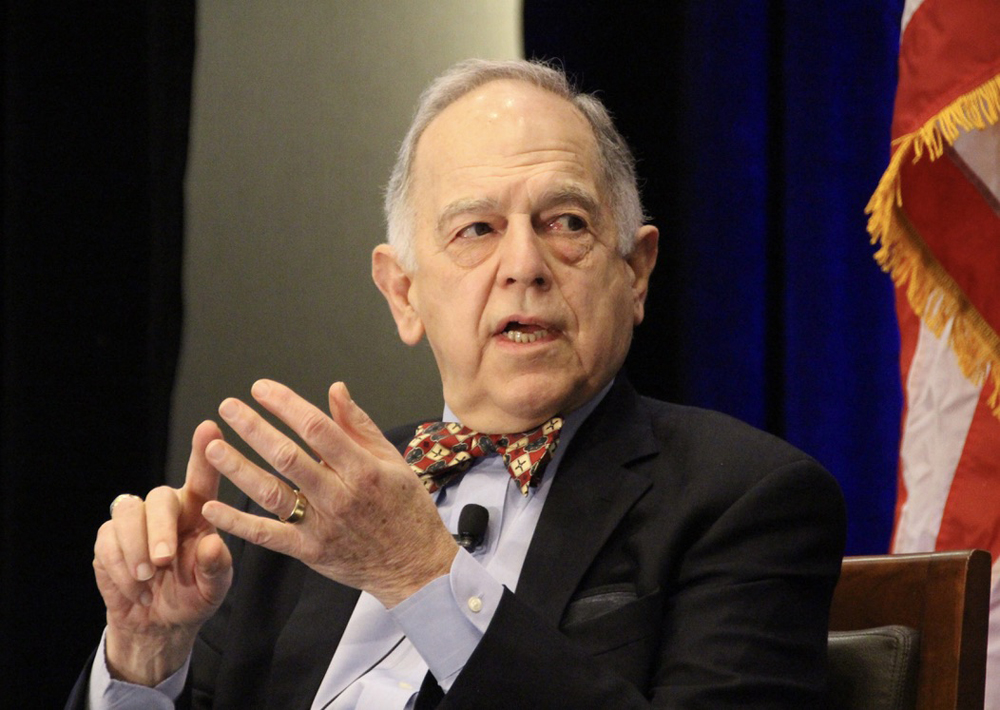
LOMBARD, Ill. — It is safe to say we have not heard the last from the Surface Transportation Board on Union Pacific’s use of embargoes to address congestion.
That was made fairly obvious during a wide-ranging and engaging Q&A with STB Chairman Martin J. Oberman on Thursday’s second and concluding day of the Midwest Association of Rail Shippers Winter Meeting.
Returning a point he’s made elsewhere — and one explicit from the board’s two days of hearings on the topic in December — Oberman said the embargo situation “is becoming a major concern.
“And it hasn’t stopped,” he said. “UP continues to be the standout. They have instituted 41 embargoes in the first 19 days of this year after 1,100 last year, and that does not count the three-state, now four-week embargo of Minnesota, Iowa, and Wisconsin, which has affected, I believe, 221 shippers, of whom — UP says, well, they’re giving out permits — but about 90 haven’t even asked for permits. …
“I think one of my priorities is going to be to hire a meteorologist to come to work for the board, to sort out for us the difference between the snow that falls on the UP tracks in Minnesota and the snow that falls on CP’s, and BN’s, and everybody else’s tracks. Because I’m convinced it’s different snow.”
And so embargoes are going to be “front and center … over the next few months,” he said. He notes that UP is not alone in issuing embargoes, but the other railroads are not “in the same order of magnitude.
“The use of embargoes as a way to control congestion, not caused by natural disasters, but caused by lack of crews, strikes me as directly implicating the common-carrier document,” he said. “And what that means, and what if anything we should do about it, remains undetermined. … I anticipate that dealing with that problem is going to be thrust on us. We can’t just turn people away who say ‘I’ve been embargoed.’”
That’s not Oberman’s only issue with UP. Later in the session, he noted that several railroads have indicated they don’t plan to lay off workers in case of an economic downturn, in order to be better prepared to handle rail traffic when it returns.
“One railroad in particular has voiced no such intent,” he said. “It’s the one with the weather problems, I think.”
Reservations about service improvement
Oberman also said he felt service on the big four railroads — which had been the board’s focus when it held hearings on service issues last April — is improving “moreso on some railroads than others.”
He notes that the railroads are generally on target to meet the service recovery goals they set for themselves in May of 2022 — both the initial six-month goals and the subsequent one-year markers required when the board extended its order. But he has some doubts whether those goals are too modest.
“I have yet to hear from the industry as to what is the long-term plan in terms of resiliency,” he said. “We hear a lot of talk about it. … If I look at the December 2017 T&E [train and engine crew] level for U.S. railroads, there are 51,000 people. In December of 2022, there were 41,000 people. So, based on everything I have learned, I query if service is really going to get to where service has to be for a robust American economy with 10,000 fewer people than we had five years ago. …
“The railroads should tell us how many people they need; they aren’t. What I hear from the Class I [railroads] is we’ll hire according to demand. My question is, how are you measuring demand? Are you measuring demand according to the passive behavior of your customers, many of whom have said, ‘I’m tired of beating my head up against the wall, I’ll take what you give me?’ Or are you hiring for a demand that you are going out to create and sell customers who are telling us, and telling you … ‘we’re sticking with truck because your rail service is too unreliable.’ …
“To me, those are two very different issues. I hear a lot of different stuff, but I don’t hear people talking about that.”
Board priorities
Topping the board’s agenda, Oberman said, is reaching a decision on the Canadian Pacific-Kansas City Southern merger application, a process currently behind held up by completion of the final environmental impact statement [see “Environmental review holding up final decision …,” Trains News Wire, Jan. 19, 2023].
“The merger is high on the list of things that is taking a tremendous amount of cumulative effort, and will be our highest priority until we finish deciding what we’re going to do,” he said. “And inevitably, whatever the decision is it will be a very long one.”
Also on that agenda, along with the embargo issue, is the long-pending matter of competitive access (the board’s term) or forced switching (the Association of American Railroad characterization). “It’s a highest priority of mine over this year to come out with a specific proposal this year on what we will do,” Oberman said of reciprocal switching. “I can’t tell you what it is, a, because it’s pending and b, because I don’t know exactly what it is yet. I have some pretty good ideas. But it’s getting a lot of attention from the board members.”
Also high on the agenda is Amtrak’s case regarding delays to Sunset Limited operation on the Union Pacific [see “Amtrak asks federal regulators to investigate …,” News Wire, Dec. 9, 2022].
“That is, by statute, going to be a priority,” Oberman said. “But it’s a matter of policy; it should be a priority.”






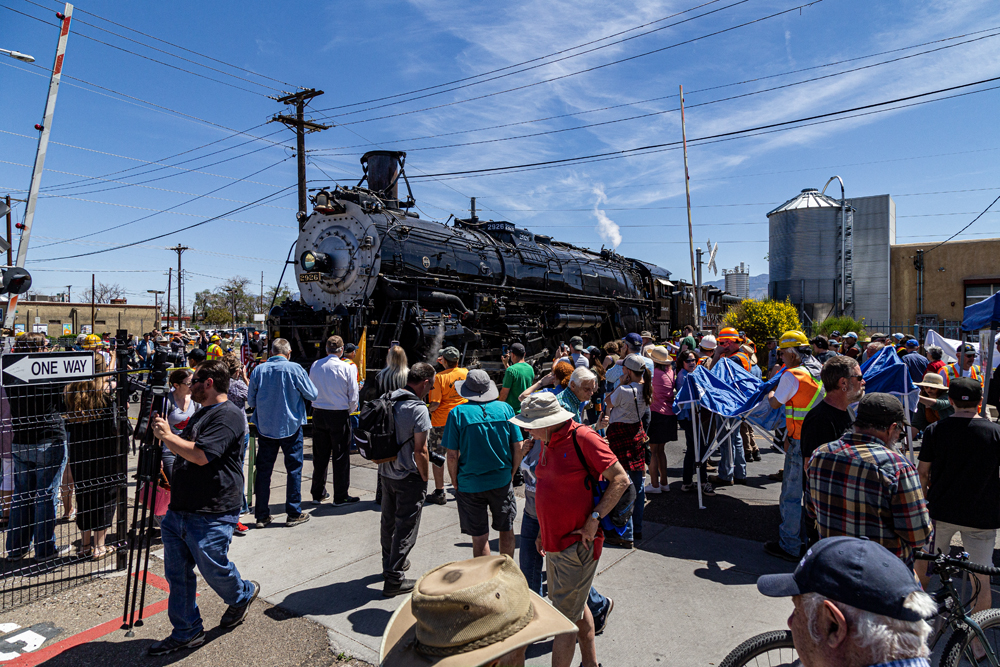
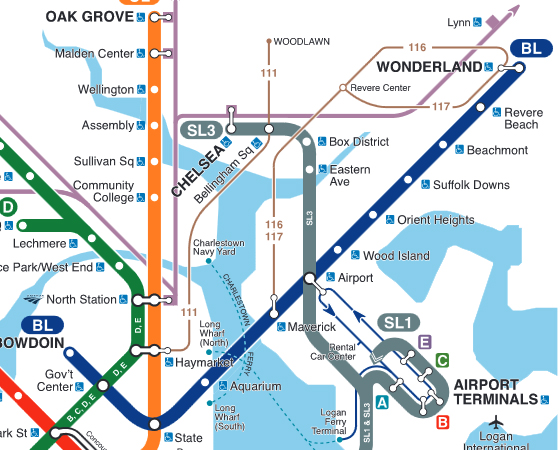
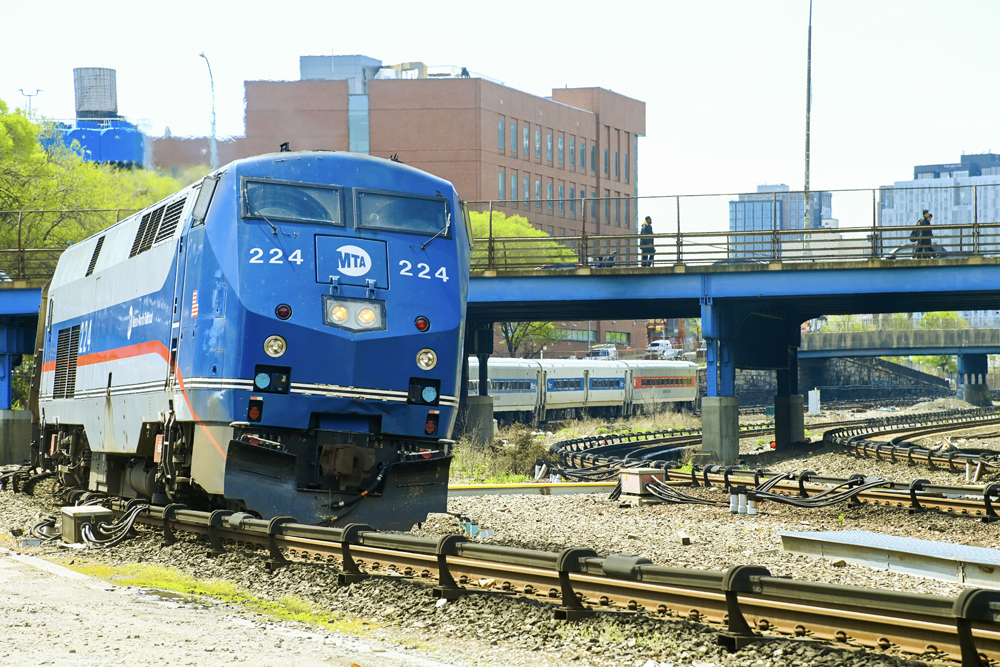
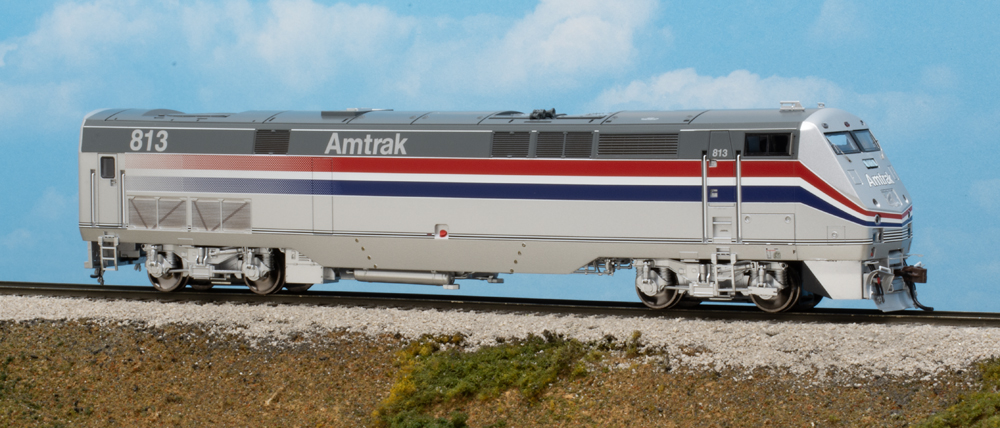
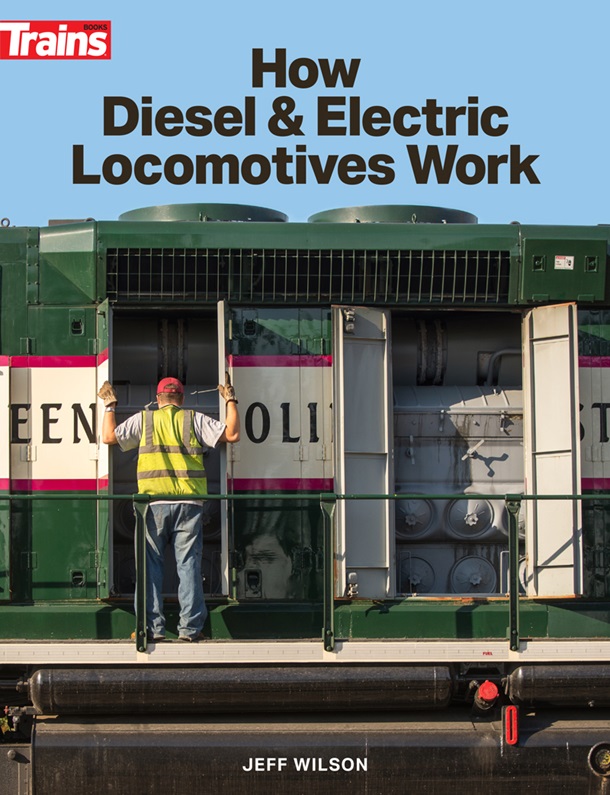
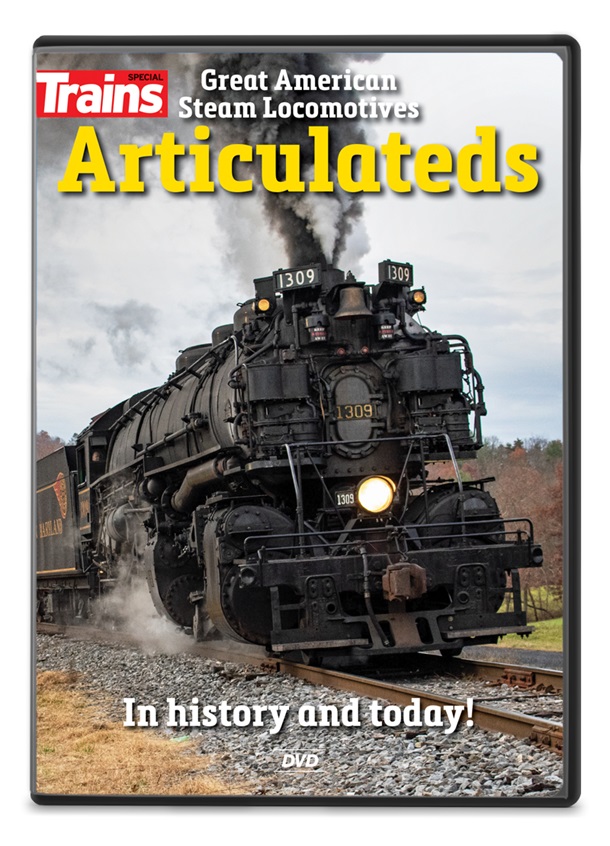
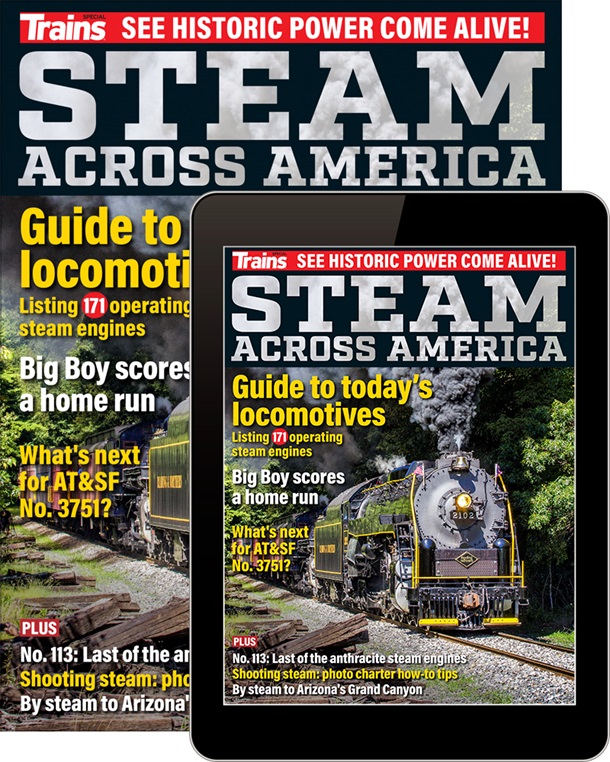
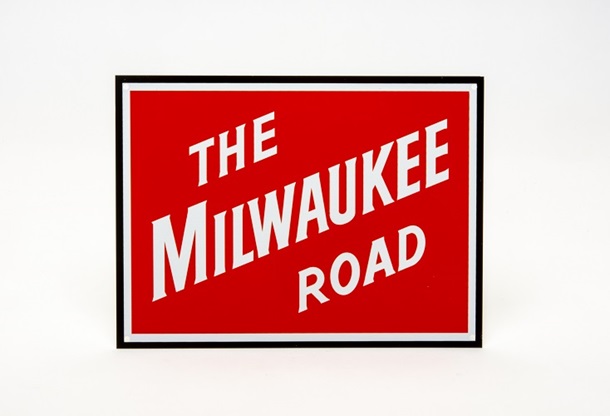
Last I heard the US Government has some of the world’s best Meteorologists. The National Weather Service in the National Oceanographic Atmospheric Administration. We pay for the best in people, computers and software to run the computers. We get the best as a result.
Gotta love Marty Oberman!
I see a problem with Oberman wanting to hire a meteorologist although on the surface it is witty. They are like to many political or government workers. They get a paycheck, they get to be on TV and most importantly they don’t have to be correct with their information and are held minimally accountable for their mistakes on forecasts.
Enough foot-dragging by inept UP. It’s time for open-access, or reciprocal switching, or whatever it’s called. Let BNSF have access, and they’ll show UP how a real railroad is run.
That’s not the solution, the solution is more along these lines: if a customer is served by a single carrier and that carrier fails to preform adequately(to be determined by some formula the STB comes up with), then, and only then can that specific customer request to be served directly by another rail carrier. That serves two purposes, it alleviates the excess congestion you’ll inevitably get from everyone trying to serve everyone(which is what would happen with open access), but it also puts those single line carriers on notice that they have to perform or else.